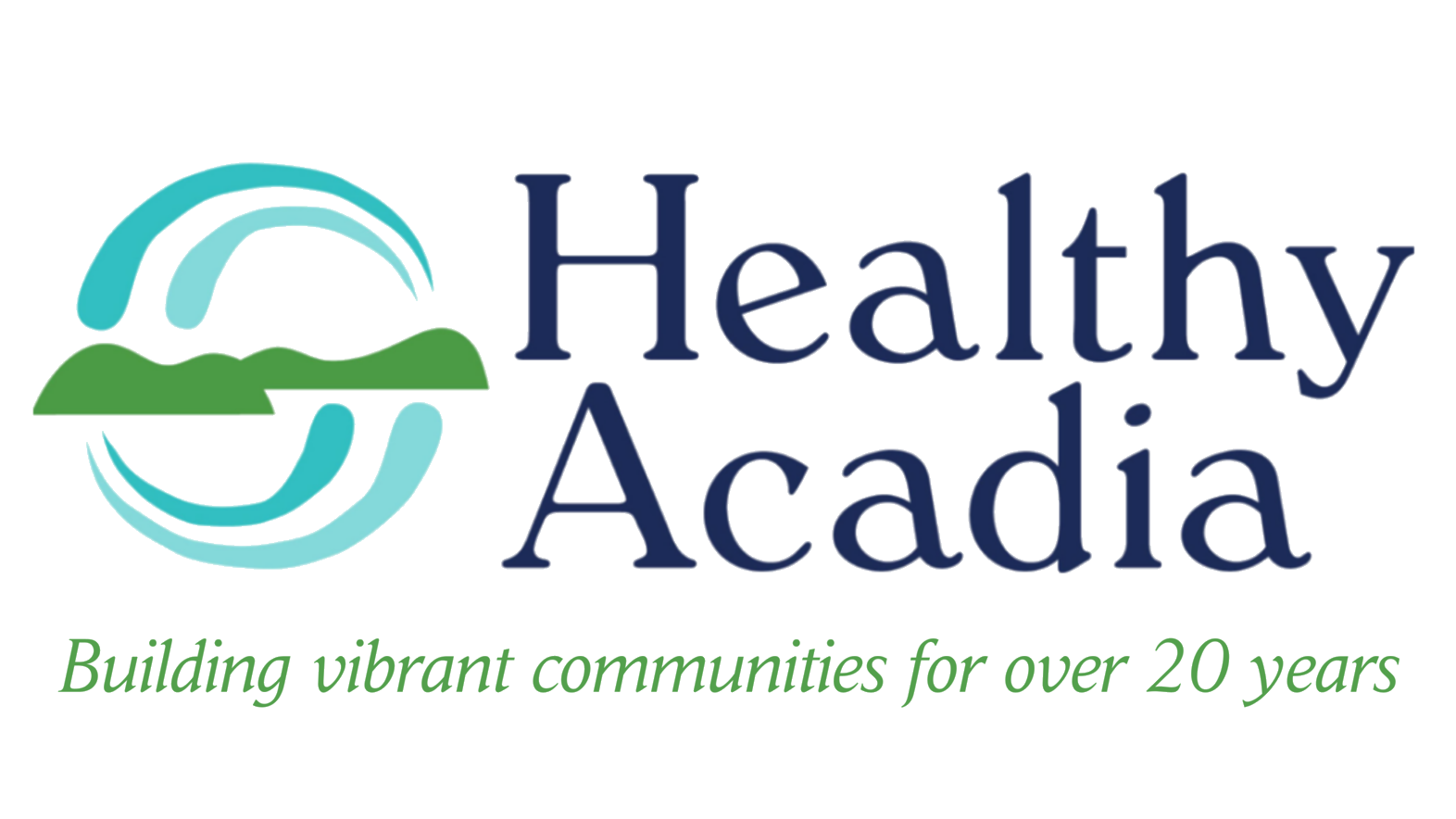COVID-19 News and Updates
Hello all,
Nina Duggan here with the latest COVID-19 news and updates.
This week we will be discussing Healthy Acadia’s request for stories, an ongoing source of free COVID-19 at-home tests, and how long you remain contagious with the viruses of the “tripledemic”.
COVID Communication:
Healthy Acadia Seeking Community Submissions Once More
Healthy Acadia is still seeking submissions from residents of Hancock and Washington Counties as to why you choose to remain up to date on vaccinations, and how the pandemic has affected your life and community.
Stories can be either 30-60 second videos or short written pieces and may be submitted via email to nina.duggan@healthyacadia.org.
Healthy Acadia will be providing a $25 stipend per story, with a maximum of five paid stories per person.
COVID in the News:
State of COVID-19 in Maine
Cases are down on average across the state by 8%, with average test positivity at 7.2%. Hospitalizations have seen a slight increase, with people in ICUs and deaths decreasing over the last two weeks.
Project ACT Ongoing for Maine Residents
Project ACT (Access COVID Tests) is a “cooperative effort from The Rockefeller Foundation, state health departments, CareEvolution, iHealth Labs, and Amazon.com” to get free rapid at-home antigen tests to Maine residents. If eligible, each household may order one box (five tests) per month free of charge. Eligibility is determined by zip code on their website.
To learn more or order your free tests, visit https://www.accesscovidtests.org/
How Long Are You Contagious with COVID-19, RSV, or the Flu?
With respiratory viruses surging this time of year, many people are wondering how long they are still considered contagious with the viruses and when it is safe to once again visit loved ones. NBC News weighed in with a summary based on interviews with scientists and doctors in the field. Regarding COVID-19, those infected are generally most contagious a day or so before symptoms first appear, and remain contagious for three days after symptoms go away. How long people remain infectious varies heavily from person to person, most people are not typically infectious beyond ten days but there are cases of immunocompromised people remaining contagious for months.
Regarding other diseases like the flu, RSV, and the common cold, infectiousness is similar in that you are most infectious two days or so before symptoms begin through a few days after they cease. For the flu, CDC guidelines recommend staying home at least 24 hours after fever subsides (usually 4-5 days since the onset of symptoms) and remind people that just because you don’t have symptoms that doesn’t mean you aren’t contagious. For colds and RSV, symptoms usually last 10-14 days, and experts say you typically won’t be infectious if you do not have symptoms.
The practices we have been using to help stop the spread of COVID help stop the spread of these viruses as well. Wear a mask in public places (especially if you feel ill), stay home and isolate if you are sick, wash your hands, and social distance when possible.
To read the full article, see NBC News ‘Tripledemic’ viruses still spreading. What science shows about being contagious.
Featured in the Field:
Science Whiz Liz
A frequent source for these emails, Dr. Elizabeth Marnik runs a fantastic social media page that is regularly updated with the latest on COVID-19 information. She is currently a Professor of Biology at Husson University and has done substantial work in the fields of immunology and genetics.
You can find her on Instagram, Facebook, and her Website.
Sign up here to receive Nina’s COVID-19 updates via email.
Follow Healthy Acadia on TikTok (@healthyacadia) for more updates!
If you or anyone you know have questions or concerns about COVID-19 or the available vaccines please call or text our COVID-19 Peer Support Line at 207-271-6023, Monday through Friday, 10 a.m. to 7 p.m.
